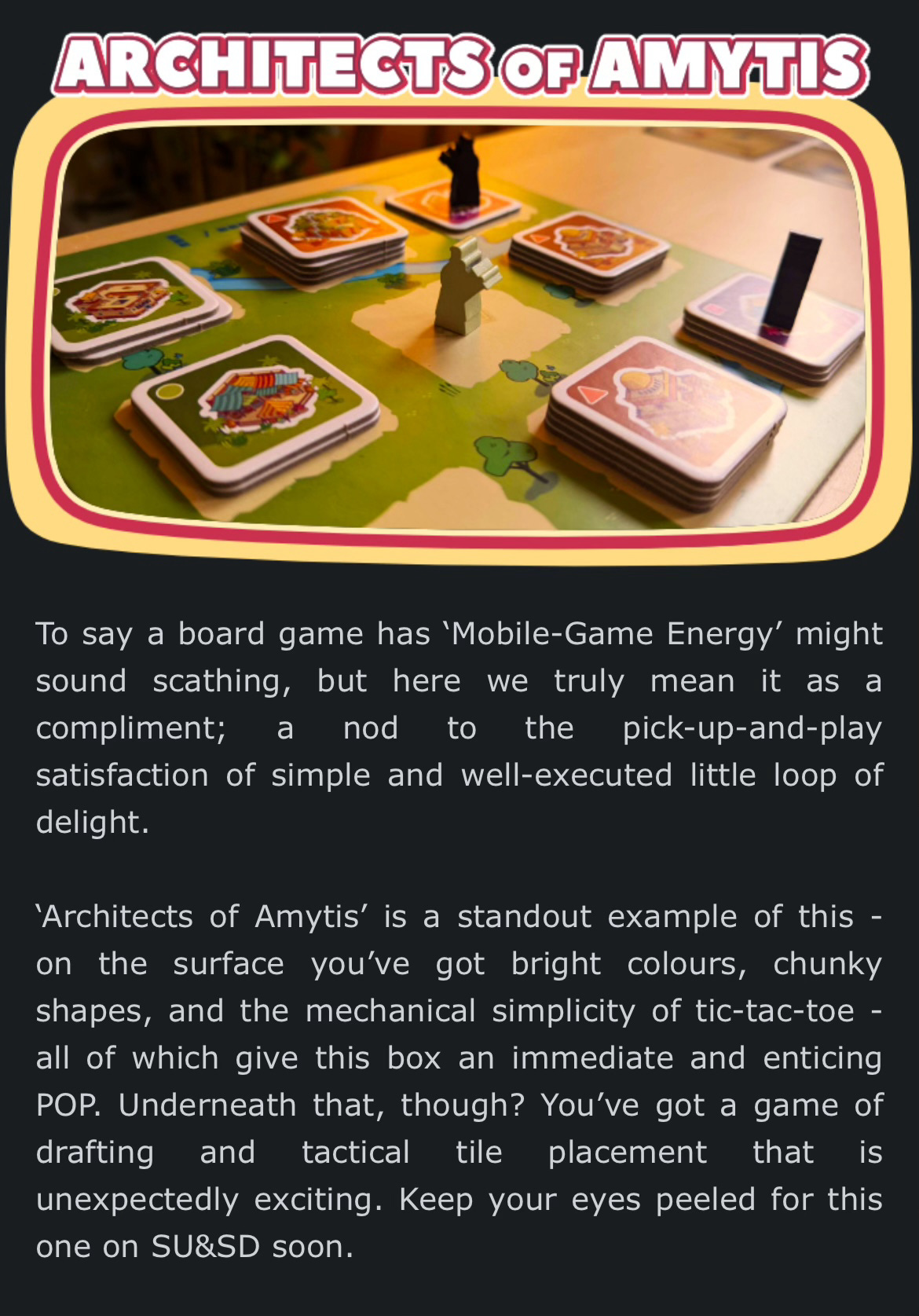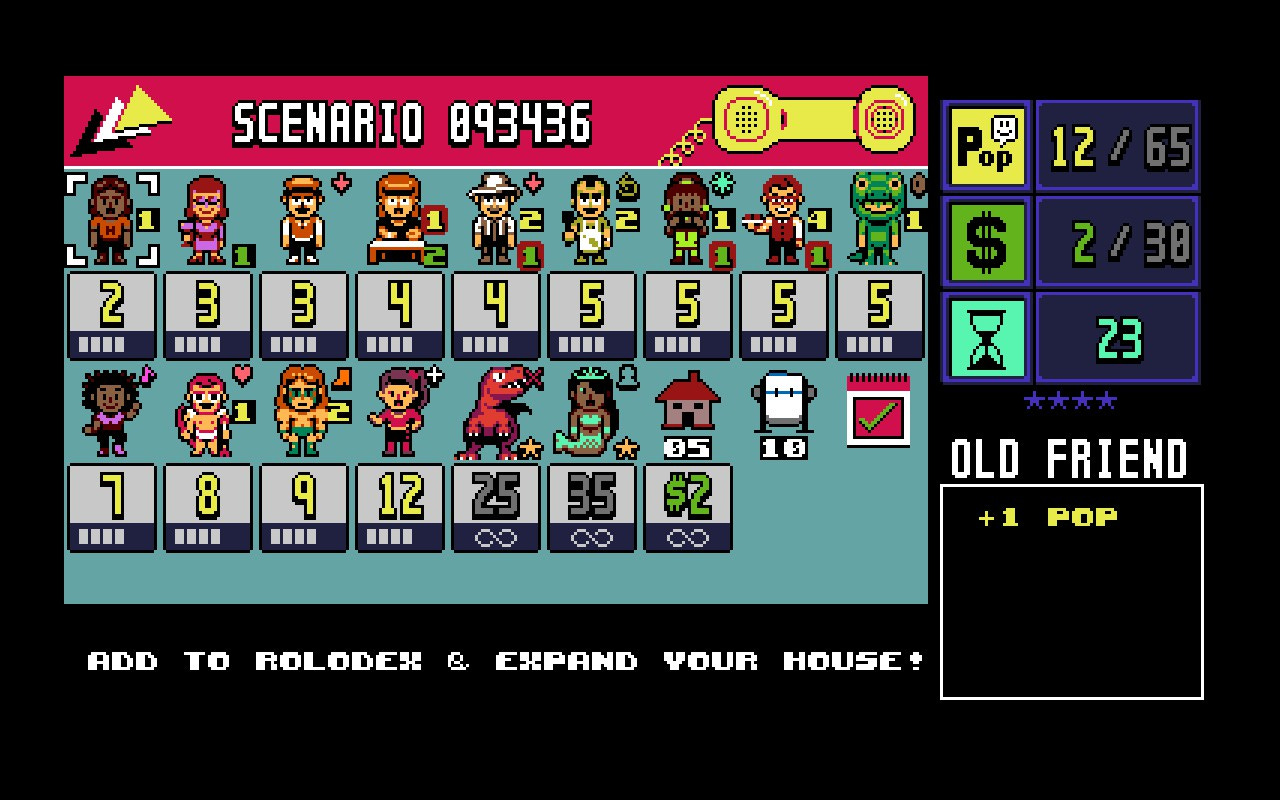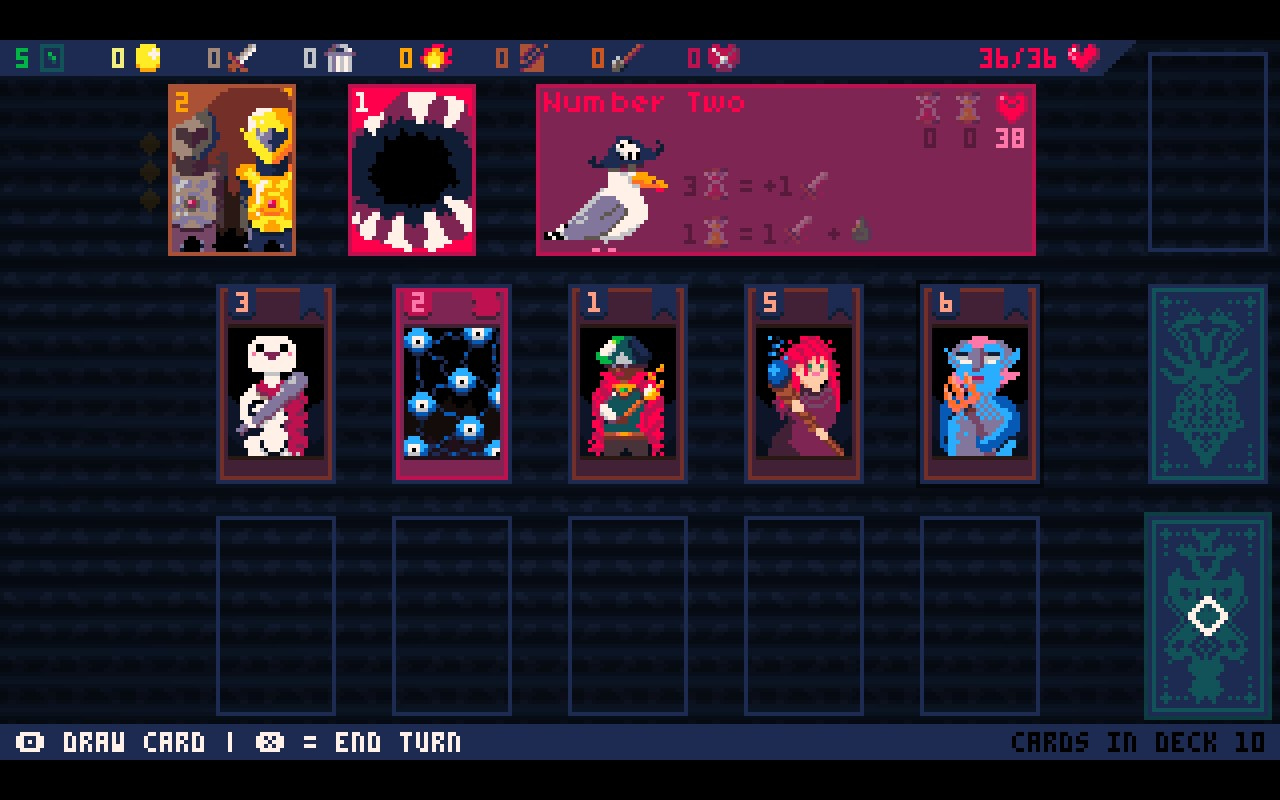You Should Play More Short Games
An Appreciation of Games that Don't Take Too Much Time
The original title of this post was “An Appreciation for Concise Games”. It was going to be this entire think piece about what makes a game concise, about how it’ snot necessarily the length of the game, and how concise games are great and you should play them. But I actually want to be more direct. You should play more short games. You should play games with shorter sessions and that take less time to complete an entire campaign.
There’s something joyful and freeing about playing games that don’t have layers of structures or tons of systems to piece out before you can start playing or get into the swing of it. Right now it feels like it’s so easy to hear about games that you can get lost in but relatively few that are to the point. It’s easier to make content about those games because there’s lots more stuff to talk about.
It reminds me on Top Chef when judges talk about simple dishes. When the contestant gets a simple dish right, it’s absolutely incredible. But, every mistake is magnified so it’s easier to pick apart when things go wrong. So too with simple games. There are fewer systems to hook you in so if something doesn’t land you’re going to bounce right off. But the counterpoint, like Shutup And Sitdown says is a “well executed loop of delight”.
Four Well Executed Loops of Delight
The three rules
Minimal Complexity
No Metastructure or Metaloops
Game Sessions are Short and Discrete (the game ends)
Party House (UFO50)
Party House is the game that started this entire conversation. The structure of the game is so simple. Try to generate as much popularity as possible by inviting friends to your house. Expand your rolodex so you can invite more people, and try to avoid getting the cops or the firefighters called your way.
It’s a master class in what it means to create an excellent push your luck game. The economic element of figuring out who to expand your rolodex on, the party invite phase of trying to chance it on just one more guest in the door.
Toy Battle (Board Game)
Toy Battle is a game that takes that “mobile app” adjacent feel and turns it into the entire theme of the game. It’s a game clearly inspired by Clash Royale. Each turn you play a token to the board. It must (in most cases) be connected by other pieces of yours back to your base. The goal of the game is either to capture your opponent’s base or to control enough territory to collect stars.
The game captures the rubber band tension of trying to draw the right tile at the right time. And… like the mobile app it can occasionally feel a bit one dimensional. It manages to dispense the slot machine feel of Clash Royale where you feel inexorably dragged into playing again and again.
Leaders (Board Game)
Leaders is like what if Chess but with the most gentle combos. Every turn (until you have 4 characters) you get to move and then draft a character. Every turn you can either move your character on a hexagonal grid or you can use its special ability.
Special abilities typically involve things like pulling or pushing other characters, jumping over other characters, you get the deal. You’re trying to end a turn with two of your characters adjacent to your opponent’s leader. Like Toy Battle games are really short (mine end in 5-10 minutes). Every game I’ve played has some delightful moment where a series of combos allows one player to move most of their pieces across the board.
Cards with Personalities
Cards with Personalities is an aggressive and absurdist deck building game like Dominion or Star Realms but instead you’re trying to defeat… say… a Seagull Named Number 2. If you’ve heard of deckbuilders, you know the drill. Every turn you draw 5 cards and then you use those cards to get gold (to buy more cards), attack enemies (either the boss or its minions). Then you shuffle up and do it all over again.
The game started its life as a Pico 8 game and it occasionally shows. The controls can be a bit clunky (two buttons is a hard constraint) and I found myself occasionally misclicking in mildly infuriating ways. But the payoff is really special. It’s the best (maybe only?) digital single player game that captures the spirit of Star Realms.
Short Games Are Great
A lot of long games are about the story. Triple A style games are mostly stories wrapped in traversal and shooting mechanics, and base building style games where the narrative arc is about building ever bigger structures. Both can be great, but both “evolve past” the game mechanic and onto bigger things. But it’s fun and enlightening to engage with games as they are, as these really weird bundles of rules that change our brain chemistry the more we loop over them.





